Drinking alcohol on a boat might feel like a harmless part of a fun day on the water, but its effects are far more dangerous than having a drink on land. The unique environment of a boat, with its constant motion, sun, and wind, amplifies alcohol’s impact on your body and mind. This can quickly turn a relaxing outing into a life-threatening situation, affecting your judgment, coordination, and ability to react to sudden dangers.
How Alcohol Impairs Your Skills on the Water
When you’re on a boat, your brain is already working harder to process the constant movement and changing environment. Adding alcohol to the mix severely compromises your essential boating skills.
Your ability to think clearly and make sound judgments is one of the first things to go. On land, a poor decision might be embarrassing, but on the water, it can be fatal. This includes misjudging the speed of another boat, ignoring weather warnings, or failing to notice a swimmer in the water.
Alcohol significantly slows your reaction time, a critical skill for any boat operator. A split-second delay in responding to an obstacle or a person overboard can have devastating consequences. The dynamic nature of the water demands quick thinking, and alcohol robs you of that ability.
Furthermore, your physical coordination and balance are severely disrupted. Even a small amount of alcohol can make it difficult to maintain your footing on a moving vessel. This increases the risk of falling overboard, which is a leading cause of boating fatalities.
Environmental Factors that Intensify Alcohol’s Effects
The boating environment itself acts as a multiplier for the effects of alcohol. Factors that you might not even notice on land can dramatically increase your level of impairment on the water. This phenomenon is often called “boater’s hypnosis,” a state induced by the combination of environmental stressors.
According to the U.S. Coast Guard, alcohol use is the leading known contributing factor in fatal boating accidents. This is partly because the sun, wind, and waves accelerate the absorption of alcohol and increase its intoxicating effects.
- Sun and Heat: Exposure to the sun can cause dehydration, which quickens alcohol’s impact on your brain. It can also lead to fatigue, further impairing your judgment.
- Waves and Motion: The constant motion of the boat can disrupt your inner ear’s ability to maintain balance. Alcohol worsens this, leading to increased dizziness and disorientation.
- Wind and Noise: The steady drone of the engine and the force of the wind on your body can be fatiguing, making you more susceptible to the effects of alcohol.
These factors combined can make a boater feel the effects of one beer as if they had consumed three on land.
Key Differences in How Alcohol Affects You
While alcohol impairs you in any setting, the context of boating introduces unique risks that simply don’t exist on solid ground. Understanding these differences is crucial for staying safe. The environment on the water is less forgiving and presents a higher level of danger when your senses are dulled.
The table below clearly outlines why drinking on a boat is fundamentally different and more dangerous than drinking on land.
| Aspect | On the Water | On Land |
| Balance | Highly unstable due to boat motion and waves. | Generally stable on solid ground. |
| Environment | Stressors like sun, wind, and noise intensify impairment. | Controlled environment with fewer stressors. |
| Immediate Danger | High risk of drowning if you fall overboard. | Risks are present but drowning is less common. |
The most significant difference is the immediate risk of drowning. On land, if you stumble, you might get a bruise. On a boat, a simple fall could be your last.
The Strict Legal Consequences of Boating Under the Influence
Many people mistakenly believe that the laws for drinking on a boat are more relaxed than for driving a car. This is a dangerous misconception. Law enforcement actively patrols waterways to stop impaired boaters.
Operating a vessel under the influence (BUI) is a serious federal and state offense. In most states, the legal blood alcohol concentration (BAC) limit for boating is 0.08%, the same as for driving a car. For commercial boaters, the limit is even lower at 0.04%.
The penalties for a BUI conviction are severe and can ruin much more than just your day on the water.
- Heavy fines and potential jail time.
- Suspension of your boating license.
- Possible suspension of your driver’s license.
- Mandatory completion of alcohol education courses.
These consequences can also lead to a criminal record, increased insurance rates, and even civil lawsuits if your actions cause an accident.
How to Ensure a Safe and Responsible Boating Trip
Safety should always be the top priority on any boating trip. The best way to prevent an alcohol-related accident is to separate drinking from boat operation entirely.
The most effective strategy is to appoint a designated operator before you even leave the dock. This person agrees to stay sober and be responsible for operating the boat and ensuring the safety of everyone on board. A designated operator allows other passengers to relax without putting anyone at risk.
If you are the operator, commit to avoiding alcohol altogether. Enjoy non-alcoholic beverages and remind your passengers that your primary job is to get everyone home safely. It’s also wise to limit alcohol consumption for all passengers, as intoxicated individuals are at a higher risk of falling overboard.
Remember to pack plenty of water and food to stay hydrated and keep your energy up. Always have the proper safety equipment on board, including enough life jackets for everyone.
Frequently Asked Questions about Boating and Alcohol
Is having one beer on a boat the same as having one on land?
No, it is not. Environmental factors like sun, wind, and the boat’s motion can magnify the effects of alcohol, making one drink feel more like three. This can lead to impairment much faster than you would expect.
What are the legal blood alcohol limits for operating a boat?
In most U.S. states, the legal blood alcohol concentration (BAC) limit for recreational boaters is 0.08%. However, some states may have stricter “zero tolerance” laws for younger operators, so it’s essential to know the specific regulations for your area.
Why does the sun make you feel more drunk on a boat?
The sun and heat contribute to dehydration, which can speed up the absorption of alcohol into your system. This, combined with fatigue from sun exposure, intensifies feelings of intoxication and impairs your judgment more quickly.
What is the safest way to enjoy alcohol on a boat trip?
The safest approach is to have a designated operator who agrees not to drink any alcohol. This ensures someone is always sober, alert, and capable of handling the vessel safely and responding to any emergencies that may arise.
Can I be charged with BUI on a kayak or canoe?
Yes, in most jurisdictions, BUI laws apply to all watercraft, including non-motorized vessels like kayaks, canoes, and rowboats. Operating any vessel while impaired can lead to serious legal consequences.

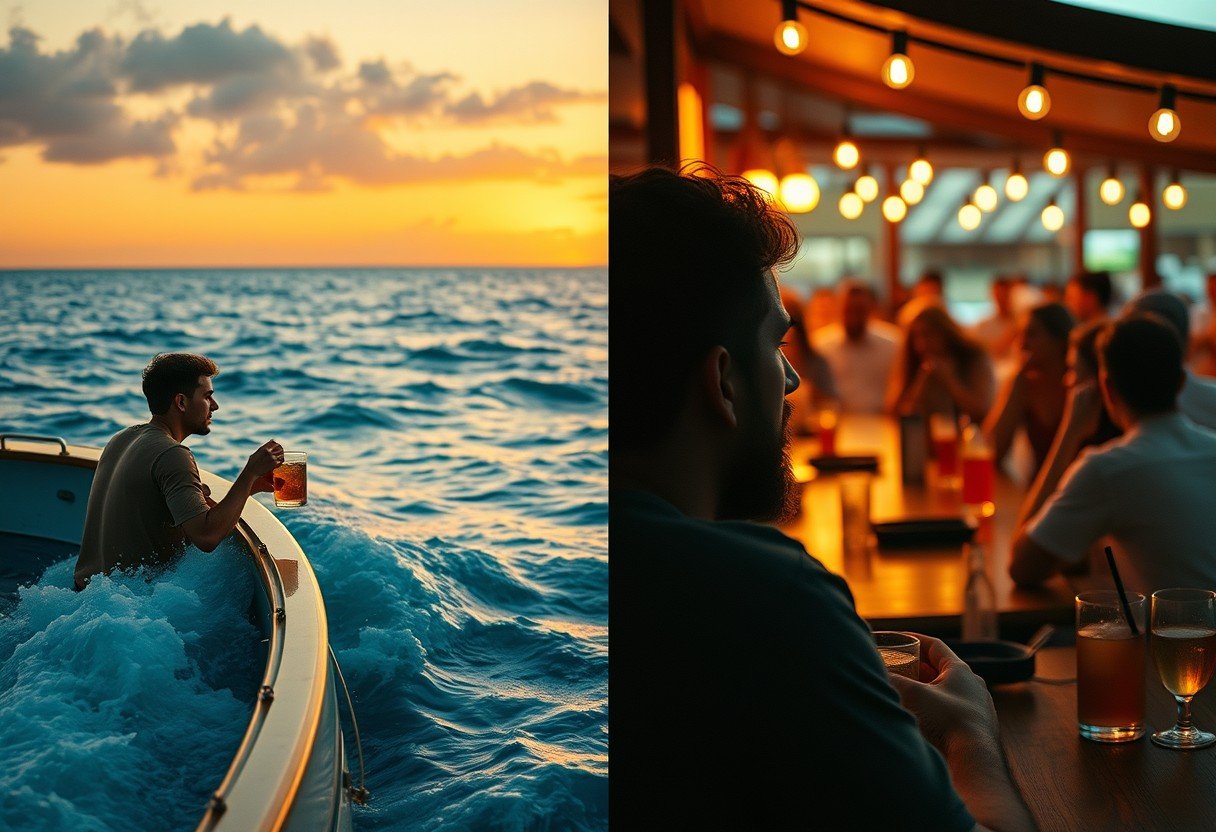
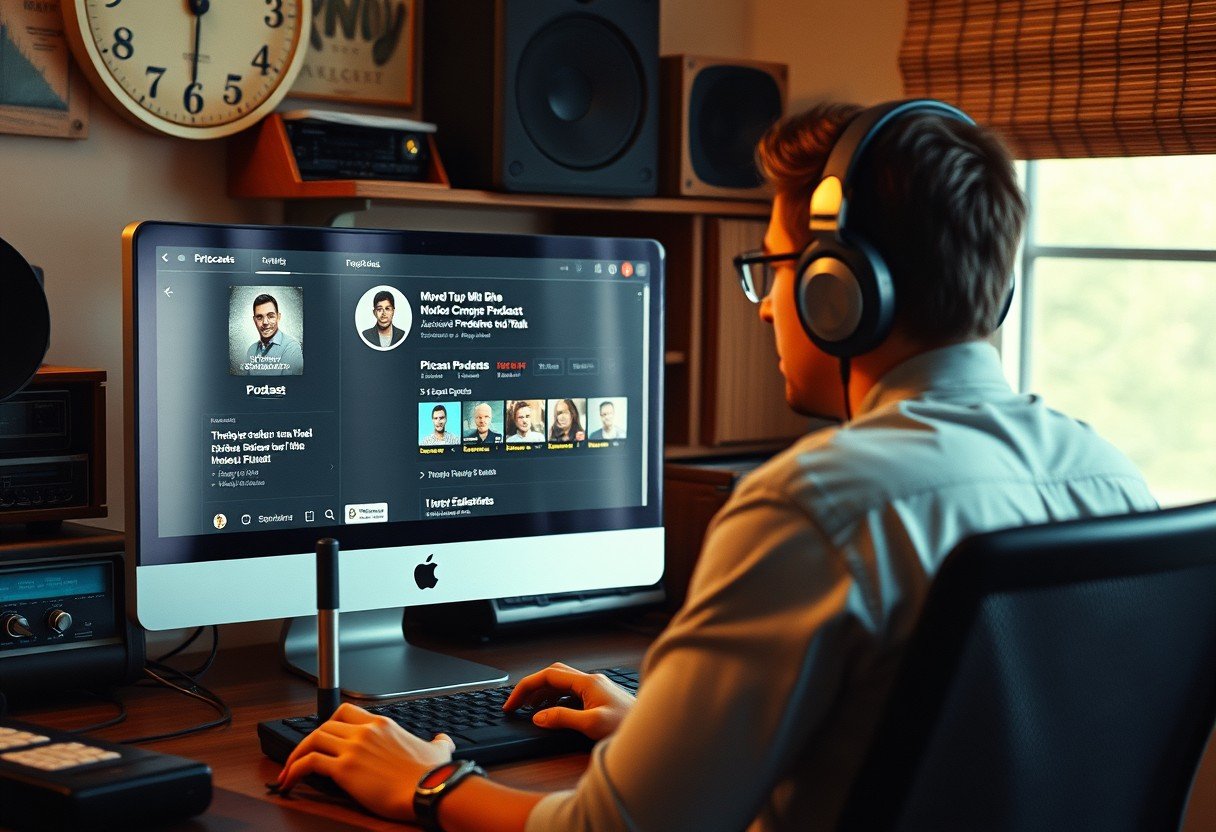

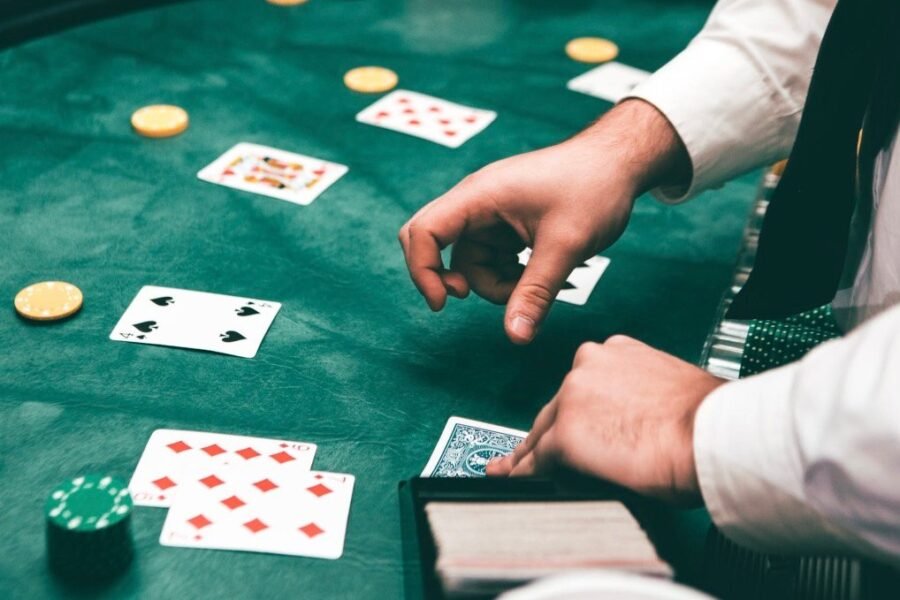
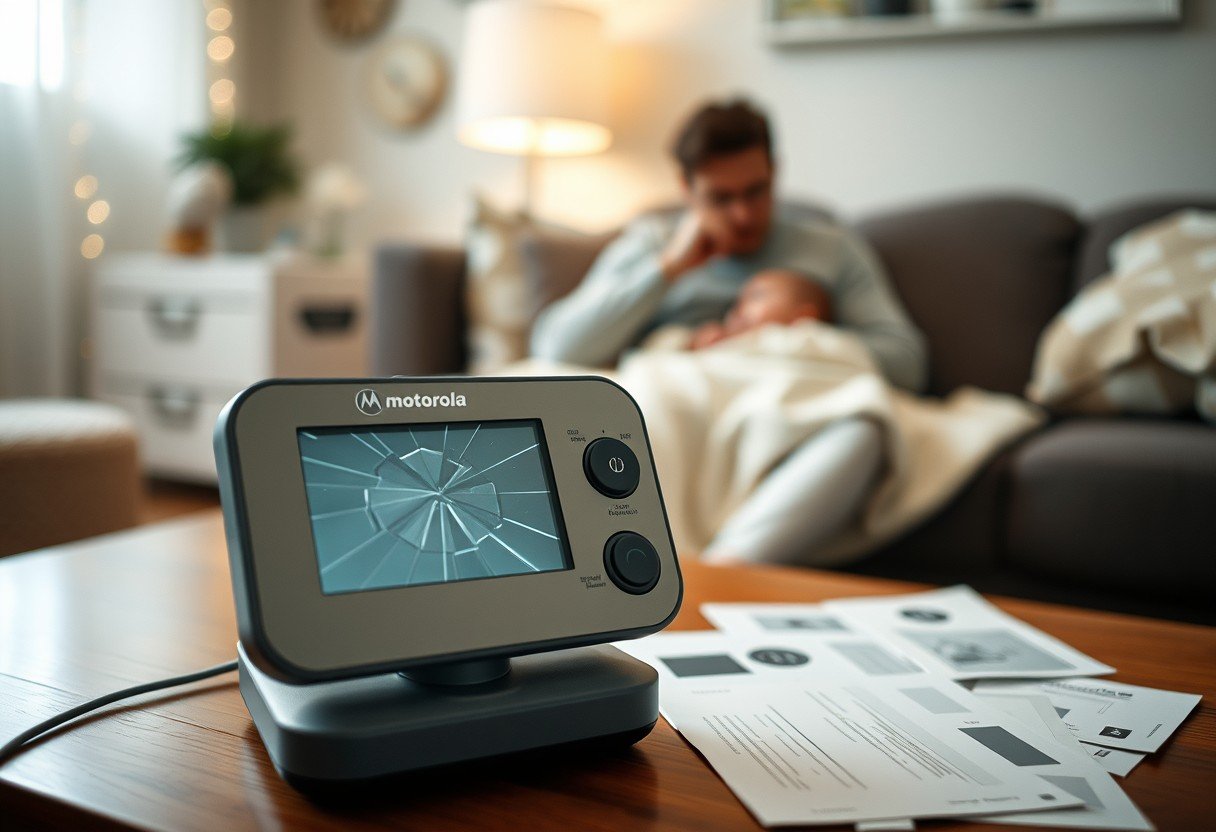
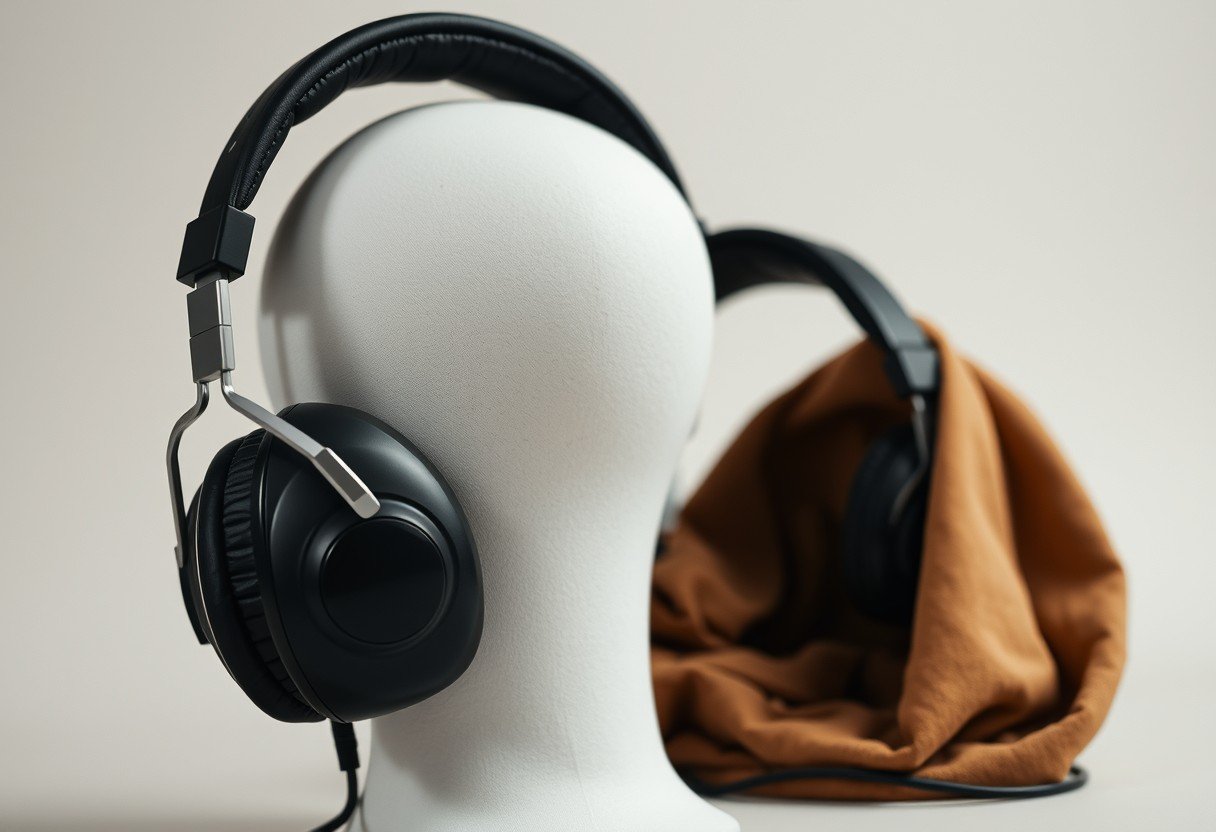
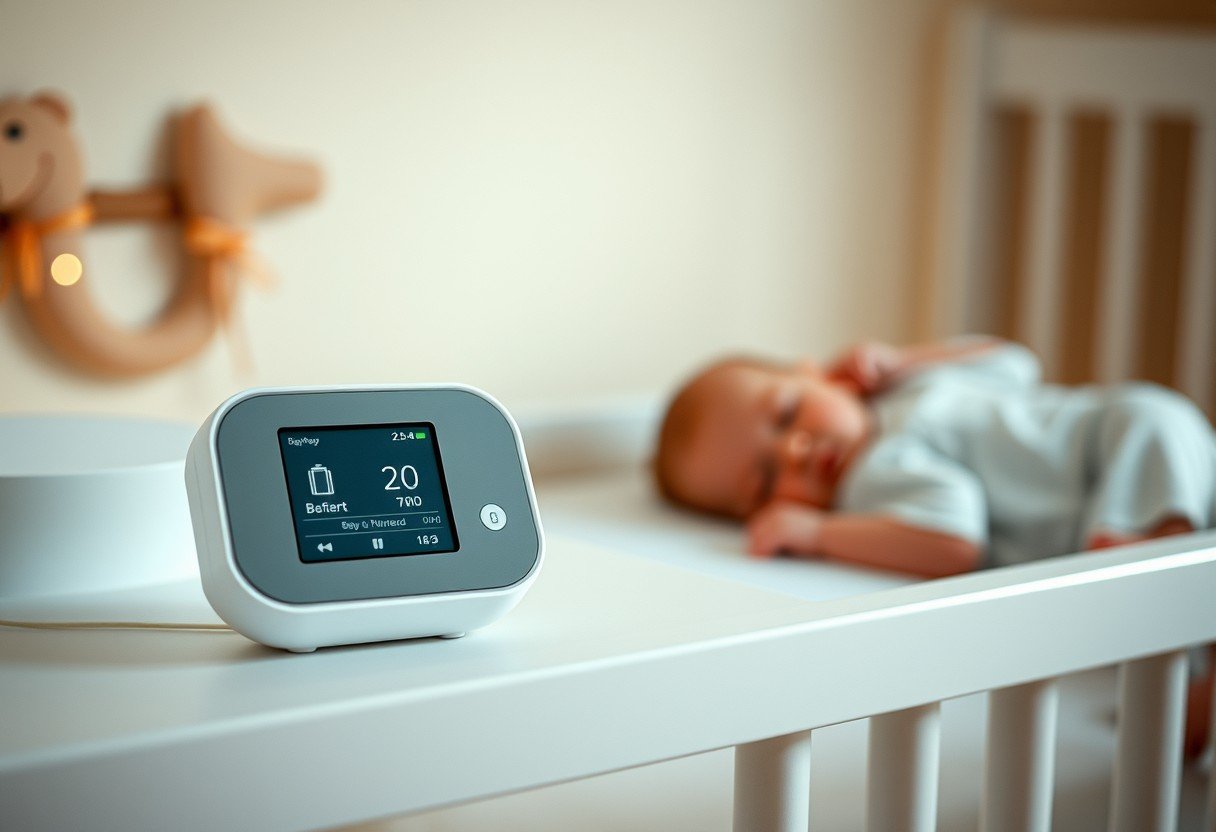

Leave a Comment